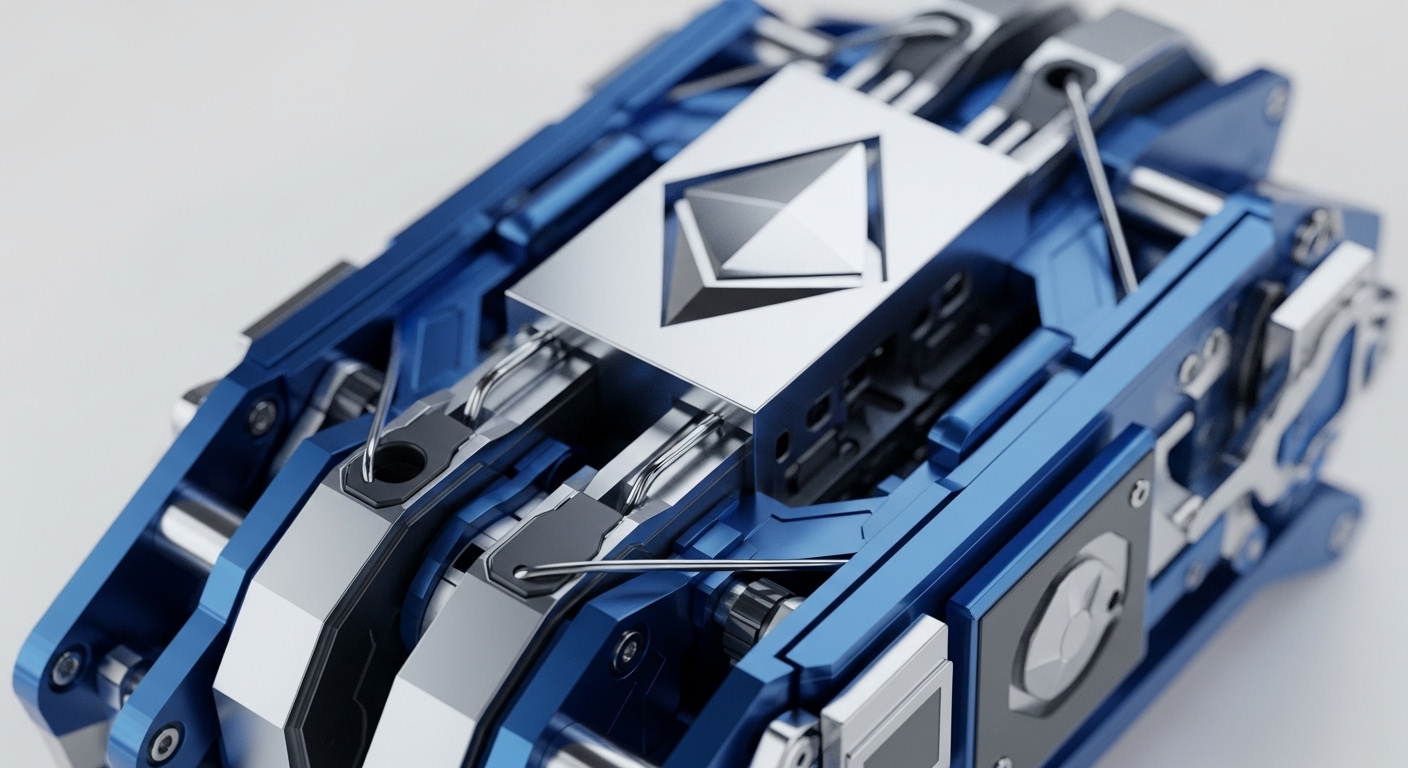
Briefing
Existing zero-knowledge succinct non-interactive arguments of knowledge (zk-SNARKs) are inherently static, demanding complete re-computation of proofs whenever underlying data or computations evolve, which severely limits their practical application in dynamic environments. This paper introduces the foundational breakthrough of dynamic zk-SNARKs, which incorporate an efficient update algorithm to incrementally modify existing proofs. This innovation profoundly impacts future blockchain architecture by enabling real-time, continuously verifiable states for applications like decentralized AI, gaming state machines, and robust blockchain oracles, thereby fostering more responsive and scalable decentralized systems.

Context
Before this research, the prevailing theoretical limitation of zero-knowledge succinct non-interactive arguments of knowledge (zk-SNARKs) stemmed from their static nature. While highly efficient for fixed statements, any incremental alteration to the underlying data or computation mandated a complete re-generation of the proof, incurring significant computational overhead. This inherent rigidity posed a foundational challenge for applications demanding continuous, real-time verification of evolving states, such as those found in machine learning models, complex gaming environments, and frequently updated blockchain oracles.

Analysis
The paper’s core mechanism introduces “dynamic zk-SNARKs,” a novel primitive that fundamentally transforms how zero-knowledge proofs handle evolving data. Traditional zk-SNARKs are designed for static statements and require a full, computationally expensive re-proof whenever data changes. Dynamic zk-SNARKs integrate an innovative update algorithm.
This algorithm efficiently takes an existing valid proof, along with a small, incremental change to the statement-witness pair, and generates a new, valid proof in sublinear time. This conceptual shift from static, one-time verification to continuous, adaptable proof evolution is achieved through two proposed constructions → one leveraging recursive SNARKs for logarithmic update times, and the central contribution, Dynaverse , which builds upon KZG commitments to achieve empirically faster sublinear updates.

Parameters
- Core Concept → Dynamic zk-SNARKs
- New System/Protocol → Dynaverse
- Key Authors → Wang, W. et al.
- Recursive SNARK Update Time → O(log n)
- Dynaverse Update Time → O(sqrt(n) log n)
- Dynaverse Commitment Scheme → KZG commitments

Outlook
This research unlocks significant forward-looking potential, particularly for applications where data and computation are inherently dynamic. In the next 3-5 years, this theory could enable truly verifiable AI systems that continuously update proofs as models retrain or data streams, ensuring ongoing integrity and compliance without prohibitive recomputation costs. It also paves the way for more efficient and responsive blockchain oracles, capable of streaming verifiable data updates, and for complex, evolving gaming state machines on-chain. Future research will likely focus on optimizing the asymptotic and practical performance of dynamic proof updates, exploring integration with other cryptographic primitives, and developing standardized frameworks for their deployment in real-world decentralized applications.
